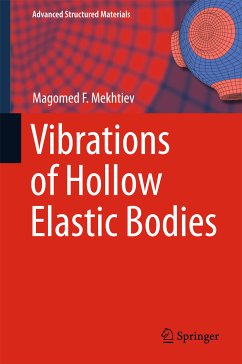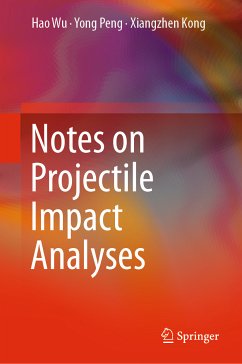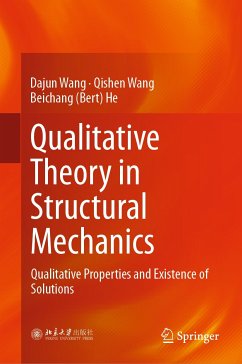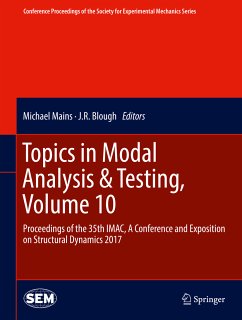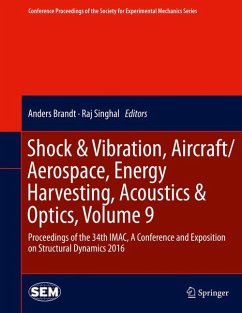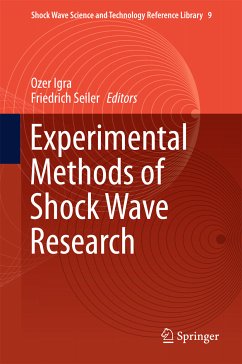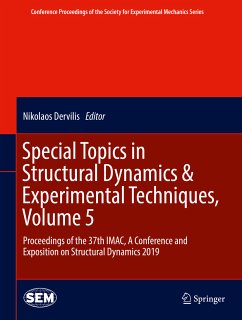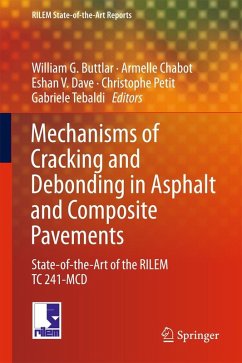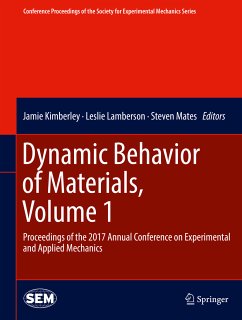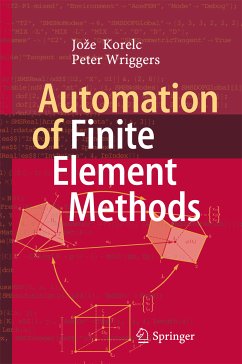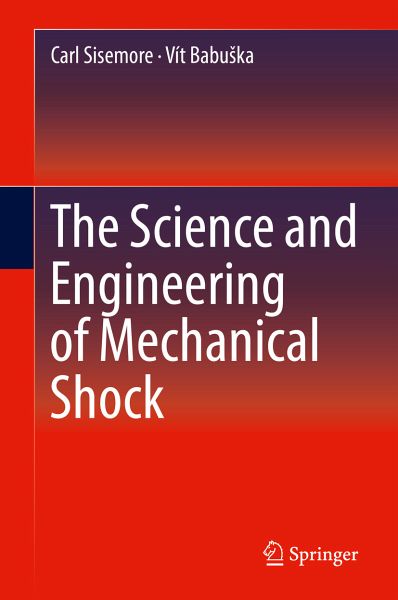
The Science and Engineering of Mechanical Shock (eBook, PDF)
Versandkostenfrei!
Sofort per Download lieferbar
88,95 €
inkl. MwSt.
Weitere Ausgaben:

PAYBACK Punkte
44 °P sammeln!
Presents mechanical shock from a structural dynamics perspectiveAdopts a flexible structure supporting use as a reference for practicing engineers as well as a textbook for students of mechanical shockSheds light on less common and less well-understood spectra techniques, energy spectra methods, and non-spectral methodsMaximizes reader understanding of multi-degree-of-freedom shock spectra and multi-degree-of-freedom testingFacilitates easy implementation computational analysis with algorithms and pseudo-codeIncludes the history of mechanical shock analysis and testing up to the present
Presents mechanical shock from a structural dynamics perspective
Adopts a flexible structure supporting use as a reference for practicing engineers as well as a textbook for students of mechanical shock
Sheds light on less common and less well-understood spectra techniques, energy spectra methods, and non-spectral methods
Maximizes reader understanding of multi-degree-of-freedom shock spectra and multi-degree-of-freedom testing
Facilitates easy implementation computational analysis with algorithms and pseudo-code
Includes the history of mechanical shock analysis and testing up to the present
Adopts a flexible structure supporting use as a reference for practicing engineers as well as a textbook for students of mechanical shock
Sheds light on less common and less well-understood spectra techniques, energy spectra methods, and non-spectral methods
Maximizes reader understanding of multi-degree-of-freedom shock spectra and multi-degree-of-freedom testing
Facilitates easy implementation computational analysis with algorithms and pseudo-code
Includes the history of mechanical shock analysis and testing up to the present
Dieser Download kann aus rechtlichen Gründen nur mit Rechnungsadresse in A, B, BG, CY, CZ, D, DK, EW, E, FIN, F, GR, HR, H, IRL, I, LT, L, LR, M, NL, PL, P, R, S, SLO, SK ausgeliefert werden.



